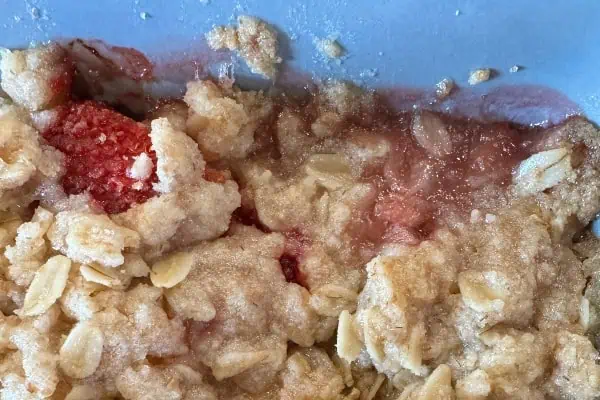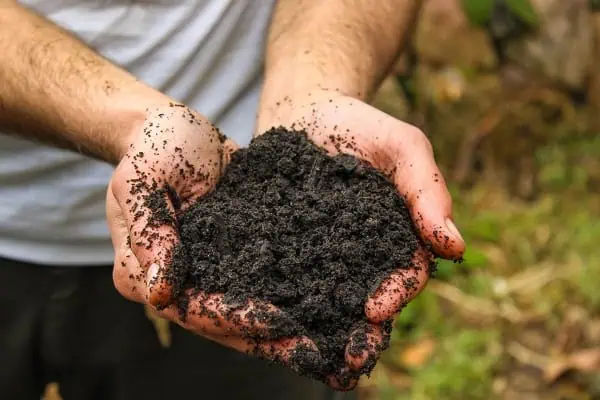With the season of marathons and relays upon us, your training plans may be kicking into high gear. And heading into competition – whether personal or with others – you may also be looking for an edge. Enter science.
The science behind athletic performance has highlighted the benefit of nitric oxide to improve glucose uptake, regulate muscle contraction and increase blood flow – all of which can help enhance endurance.
The scientific spotlight has recently focused on two foods that are showing promising effects in naturally increasing the bioavailability and benefits of nitric oxide when used by athletes.
Dark Chocolate
It may sound too good to be true, but the Journal of the International Society of Sports Nutrition recently published a study suggesting that dark chocolate may be the new secret weapon of athletes. Cocoa beans are rich in a flavonol named epicatechin, which is also found in berries, ginger and even wine. The abundant amount of epicatechin in dark chocolate works to prompt cells lining blood vessels to release extra nitric oxide.
Dark chocolate may be an especially useful training tool for those planning on cycling in the Kluane Chilkat International Bike Relay this year. The study followed nine recreational cyclists who agreed to eat 40 grams of either dark or white chocolate every day for two weeks. After the first round of chocolate eating and testing, the groups switched the type of chocolate they were consuming for the next two weeks and then came in again.
The results showed a clear benefit to performance for cyclists eating dark chocolate. The cyclists used less oxygen, which would help to improve endurance and reduce fatigue as they covered more distance.
As the epicatechin levels vary greatly from bar to bar, going straight to the source and adding cacao nibs or powder to your smoothies may have more consistent results.
Beetroot Juice
This sweet, earthy liquid is rich in nitrates, which when consumed can help to increase nitric oxide availability. Once consumed, the nitrates are reduced to nitrites by the bacterial in our guts and our mouths. It is further reduced to nitric oxide when the conditions in our cells are right.
A study published in the Journal of Medicine and Science in Sports and Exercise had nine trained cyclists complete four exercise trials after drinking 70mL of either regular beetroot juice or beetroot juice that was depleted of nitrates.
After a single dose of regular beetroot juice, athletes had reduced oxygen use and enhanced cycling performance.
Another study in the same research journal found that competitive cyclists who consumed half a litre of beetroot juice improved their 4km performance by 2.8 per cent and their 16.1-km performance by 2.7 per cent.
If you don’t like the taste of beetroot juice on its own, try adding other ingredients to your juice. An example blend: an orange, two medium carrots, half a cucumber, a chunk of ginger, mint and leafy greens such as kale and beet tops.
Note that more research is needed given the small sample sizes and preliminary nature of the studies.




